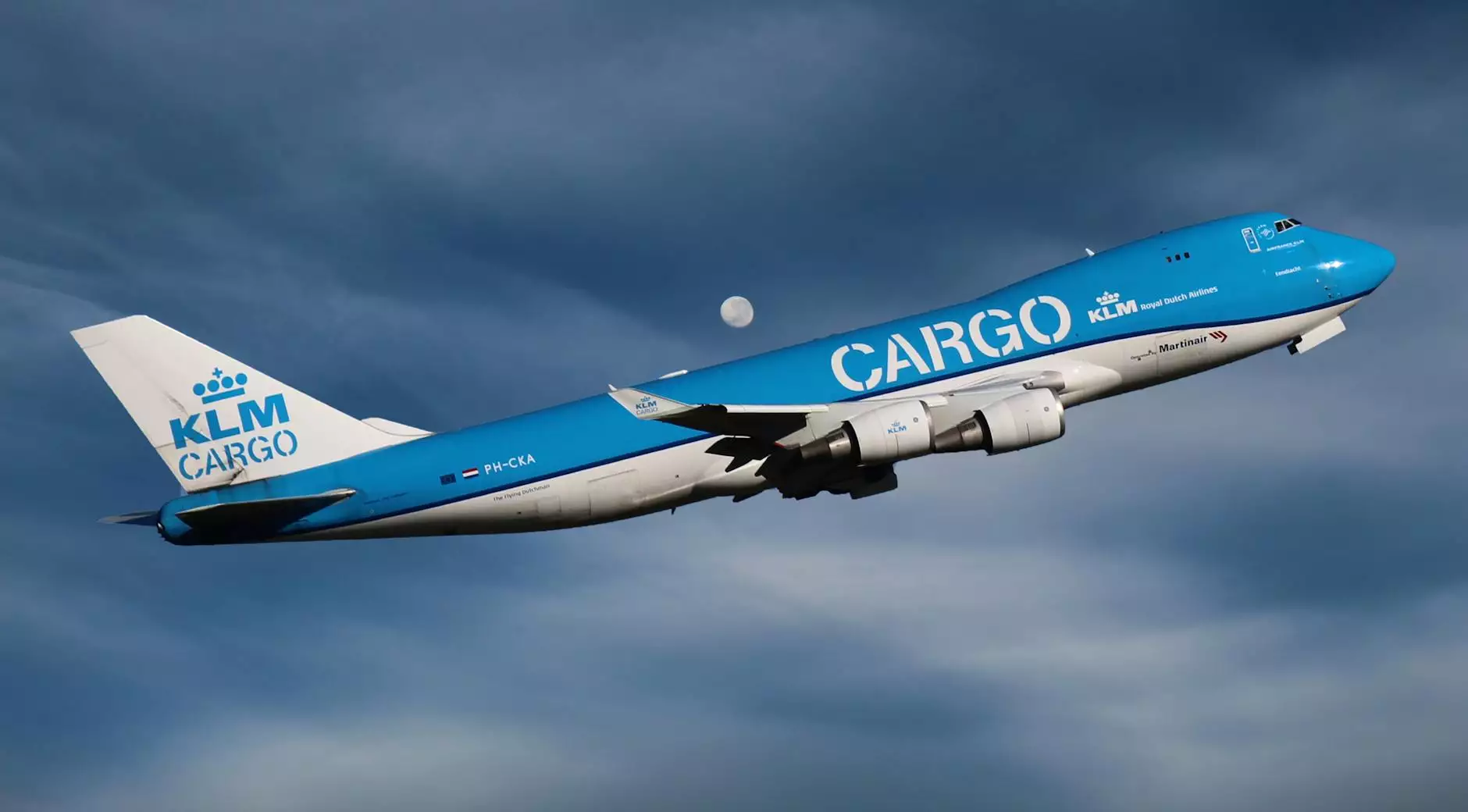Understanding Air Cargo Quotes: A Comprehensive Guide

In the competitive landscape of global logistics, air cargo quotes represent a pivotal element for businesses aiming to maintain efficiency and cost-effectiveness. As trade continues to flourish across borders, understanding how to obtain, interpret, and utilize air cargo quotes can significantly enhance your shipping capabilities. In this article, we delve deeply into the nuances of air cargo quotes, providing you with rich insights that will not only inform but empower your shipping decisions.
What are Air Cargo Quotes?
Air cargo quotes are price estimates provided by shipping companies for the transportation of goods via air freight. These quotes typically encompass various factors such as weight, dimensions, distance, and the nature of the cargo. Understanding these variables is crucial for businesses that seek to optimize their shipping processes.
Key Components of Air Cargo Quotes
- Dimensions and Weight: The size and weight of your cargo are the most significant factors affecting your air cargo quotes. Most airlines apply a formula that considers the volumetric weight in addition to the actual weight.
- Destination and Origin: The distance between the origin and destination, as well as the specific routes taken, play a critical role in determining costs.
- Type of Cargo: Special handling requirements for hazardous materials or perishable goods can influence pricing significantly.
- Route Availability: Not all routes are available for all kinds of cargo, and some may have additional fees attached to them.
- Insurance and Fees: Additional charges for insurance and handling fees are often included in air cargo quotes.
Why Air Cargo Quotes Matter
Obtaining accurate air cargo quotes is essential for both small businesses and large enterprises alike. The advantages include:
Cost Efficiency
By comparing various quotes, businesses can select the most economical option available without sacrificing service quality.
Time Sensitivity
Air freight is notably faster than sea freight, and many businesses rely on its efficiency. Knowing the best rates allows companies to plan more accurately for time-sensitive shipments.
Comprehensive Logistics Management
A clear understanding of shipping costs helps in better financial planning and logistics management, enabling better allocation of resources.
How to Obtain Air Cargo Quotes
Gathering air cargo quotes may seem daunting, but it can be simplified into a systematic approach:
1. Identify Your Cargo Requirements
Before seeking quotes, outline your requirements, including dimensions, weight, and nature of the goods. This clarity streamlines the quoting process.
2. Research Reputable Air Freight Forwarders
Engage with a selection of established air freight companies. Look for those specializing in your specific industry, as they may offer tailored services that meet your needs better.
3. Request Quotes from Multiple Providers
Always gather air cargo quotes from different providers to ensure a comprehensive view of available options. This practice not only gives you competitive pricing but also exposes you to various service offerings.
4. Provide Accurate Information
When requesting quotes, ensure that you provide precise details, including dimensions, weight, delivery timeframes, and any additional requirements (like insurance) to avoid misunderstandings.
5. Review and Compare
Once you've received several quotes, compare them carefully. Look for hidden fees and evaluate the services offered alongside pricing to make an informed decision.
Factors Influencing Air Cargo Quotes
Several elements can influence the air cargo quotes you receive:
Seasonality
Air freight rates can fluctuate based on seasons and holidays, with peak shipping periods often resulting in higher costs.
Fuel Prices
The global fuel market directly impacts air freight charges. As fuel prices rise or fall, air cargo rates typically follow suit.
Currency Fluctuations
For international shipments, the strength of currencies can affect pricing. This is particularly relevant if you’re dealing with air freight companies outside your home country.
Maximizing Cost Efficiency with Air Cargo Quotes
To make the most out of air cargo quotes, consider the following strategies:
Consolidate Shipments
Whenever possible, consolidate shipments into a single air freight package. This approach can significantly decrease costs.
Negotiate Terms
Don’t hesitate to negotiate terms with logistics providers. Especially if you have a long-term relationship, they may offer better rates or services to retain your business.
Keep Your Cargo Organized
Maintaining clear and organized inventory can prevent discrepancies during shipping, reducing the risk of unexpected charges on your air cargo quotes.
Challenges in Air Cargo Shipping
While air freight is an efficient mode of transport, it does come with its challenges:
Limited Cargo Capacity
Aircraft have size and weight restrictions, which can limit the volume of goods you can ship at one time.
Regulatory Compliance
Different countries have varying regulations regarding what can be shipped, especially with hazardous or perishable goods. Ensuring compliance can introduce complexities and affect shipping times.
Potential for Delays
While air freight is generally faster than other modes, it is not immune to delays. Weather, technical issues, and regulatory inspections can lead to shipping delays, impacting your business operations.
Future Trends in Air Cargo Logistics
The air cargo industry is continuously evolving, influenced by advances in technology and shifts in global trade practices. Some future trends include:
Increased Automation
Automation in logistics handling and processing is set to increase, streamlining operations and reducing human error.
Enhanced Tracking Technologies
Technological advancements will improve tracking capabilities, allowing businesses to more accurately monitor their shipments throughout the transportation process.
Sustainability Initiatives
As businesses become more environmentally conscious, there is a growing push for sustainable practices within the air freight sector, including the use of greener fuels and efficient logistics planning.
Conclusion
Understanding air cargo quotes is vital for successful logistics planning and cost management. By being informed about the various factors that impact pricing and how to effectively obtain and compare quotes, businesses can make strategic decisions that enhance their operational efficiency. As the industry continues to innovate, keeping abreast of trends will ensure you remain competitive in the ever-changing landscape of global shipping.
For businesses looking for an edge in air freight, consider visiting CargoBooking.aero where you can explore various shipping centers, transportation options, and how to leverage air travel for your logistics needs.









